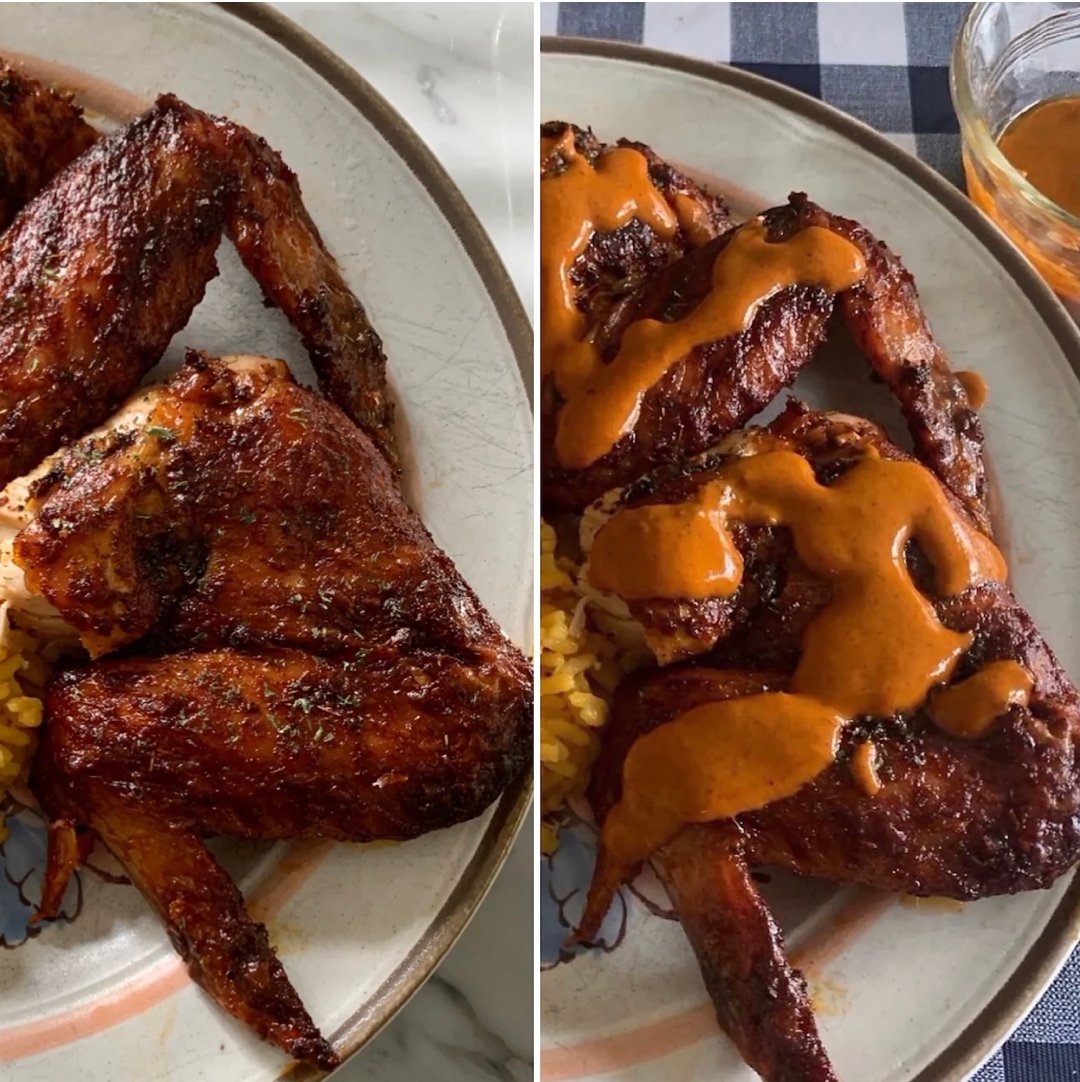
Whole peri-peri wings
Our Grilled Peri-Peri Chicken

Our silky peri-peri sauce
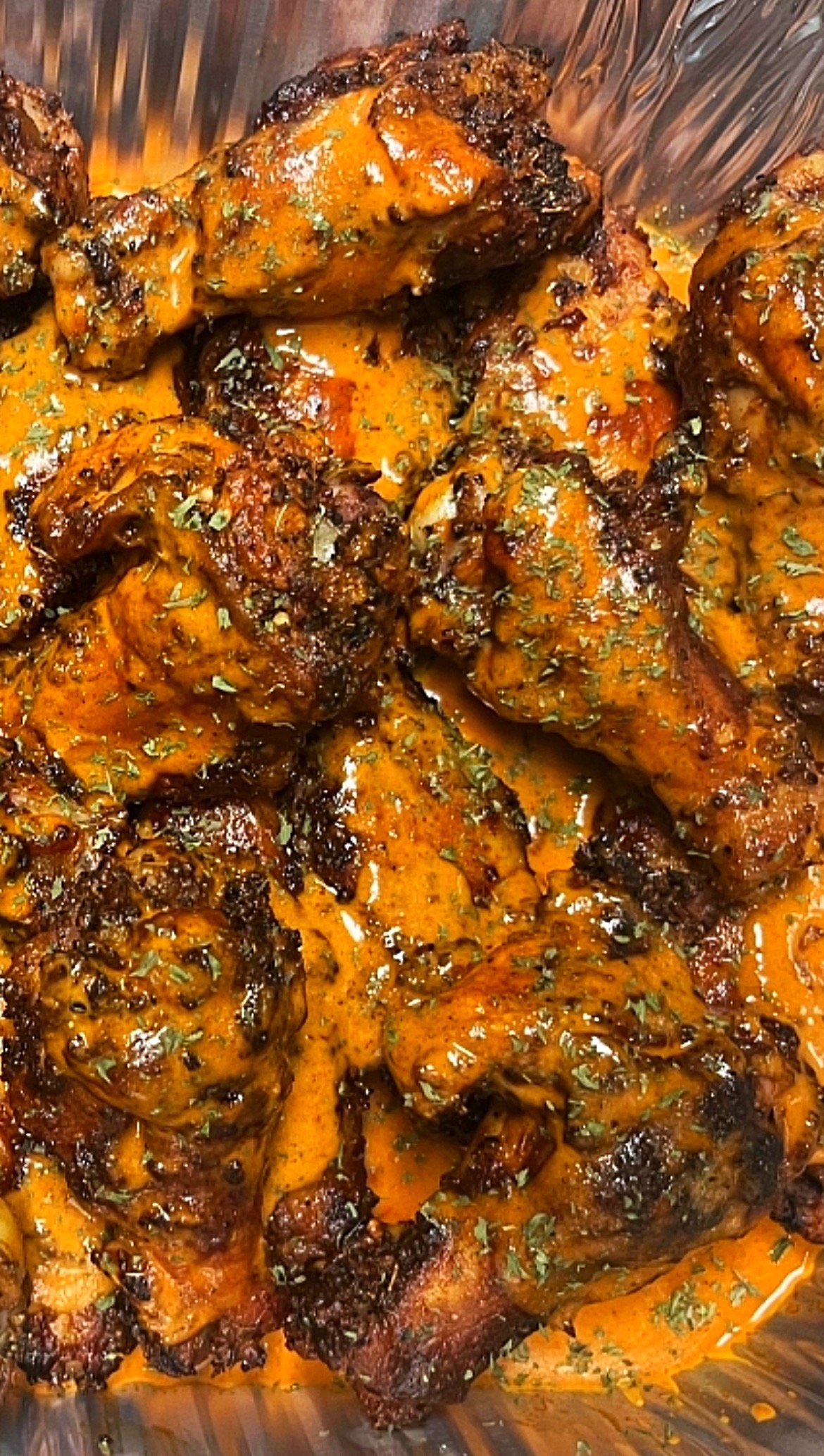
Peri-Peri Wingettes and Drummettes

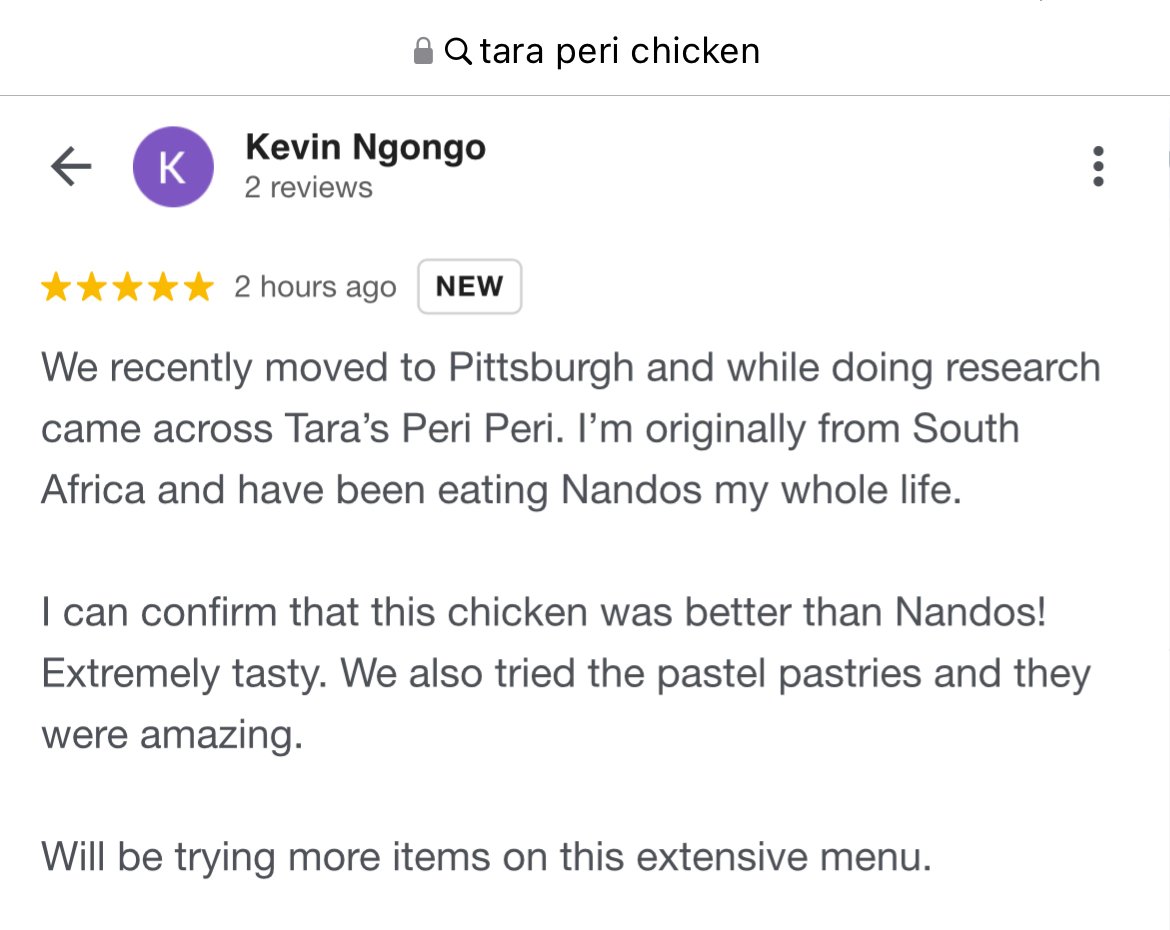
Google Review
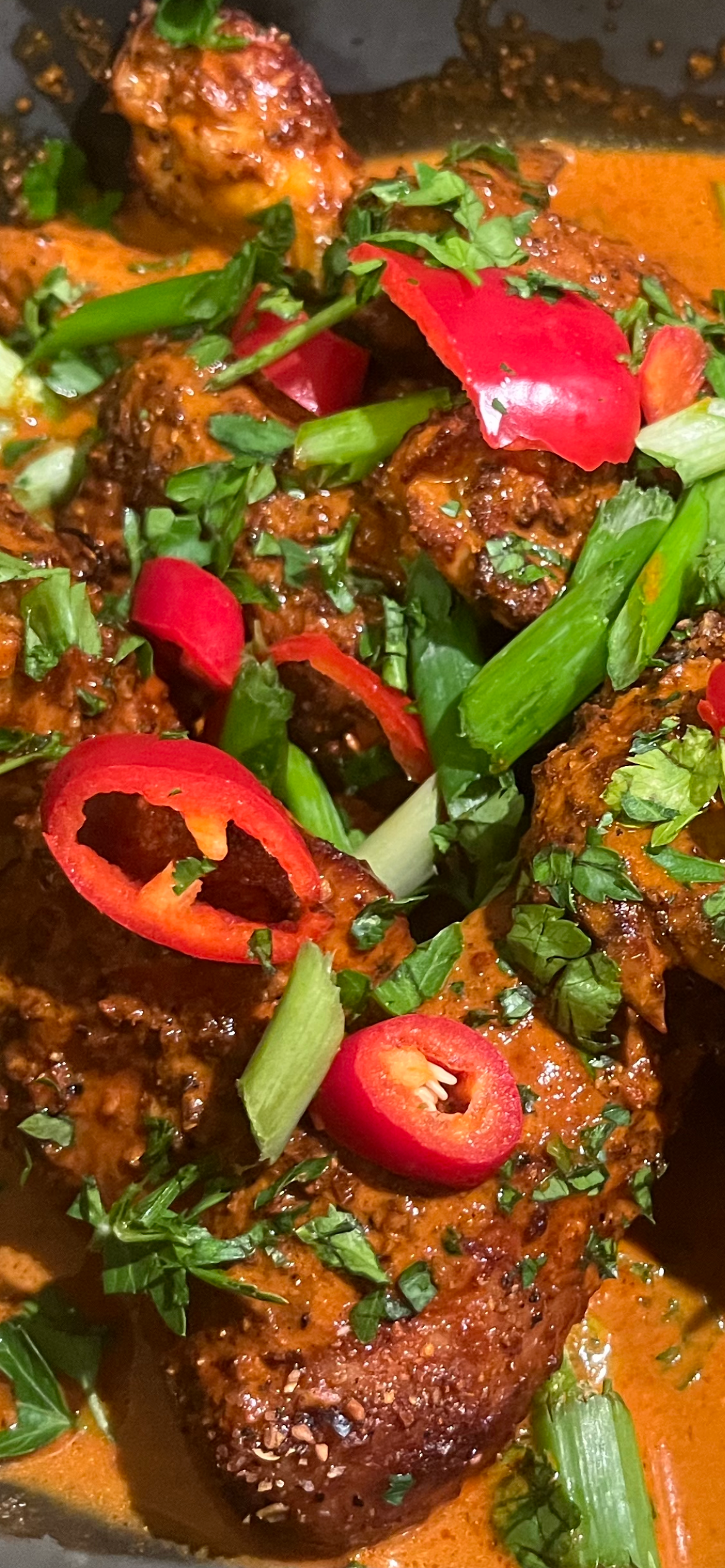
Peri-Peri Wings

Google Review
Peri-Peri Party Skewers
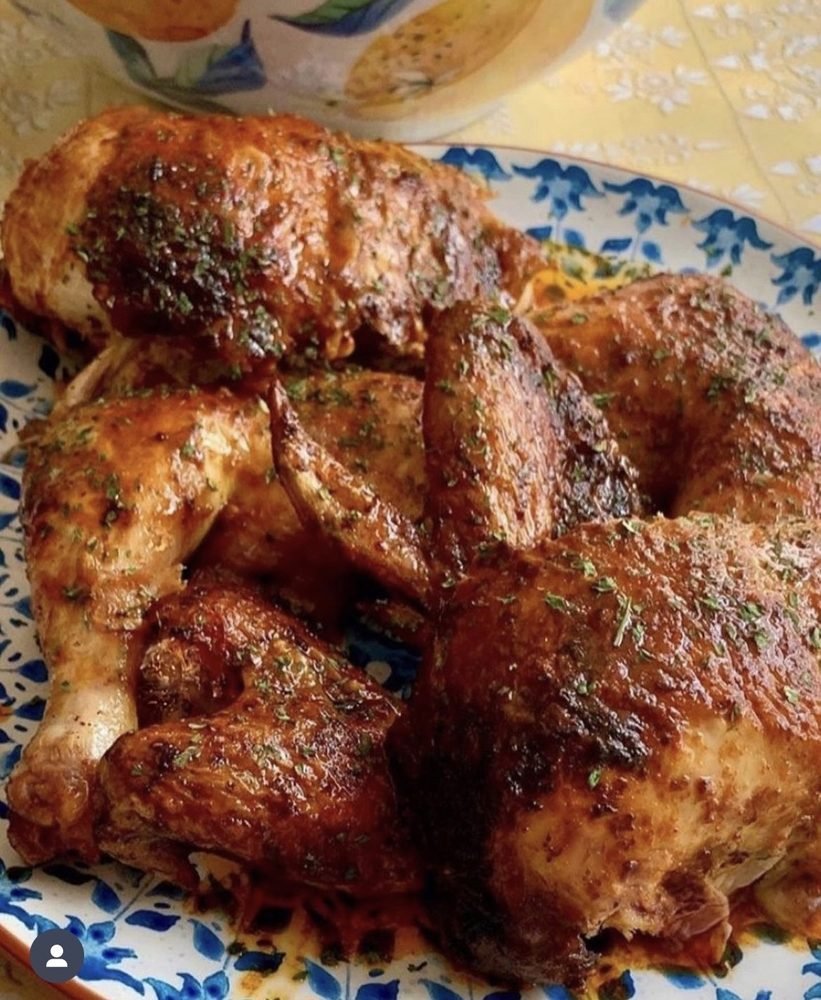
Whole Peri-Peri Chicken

Google Review
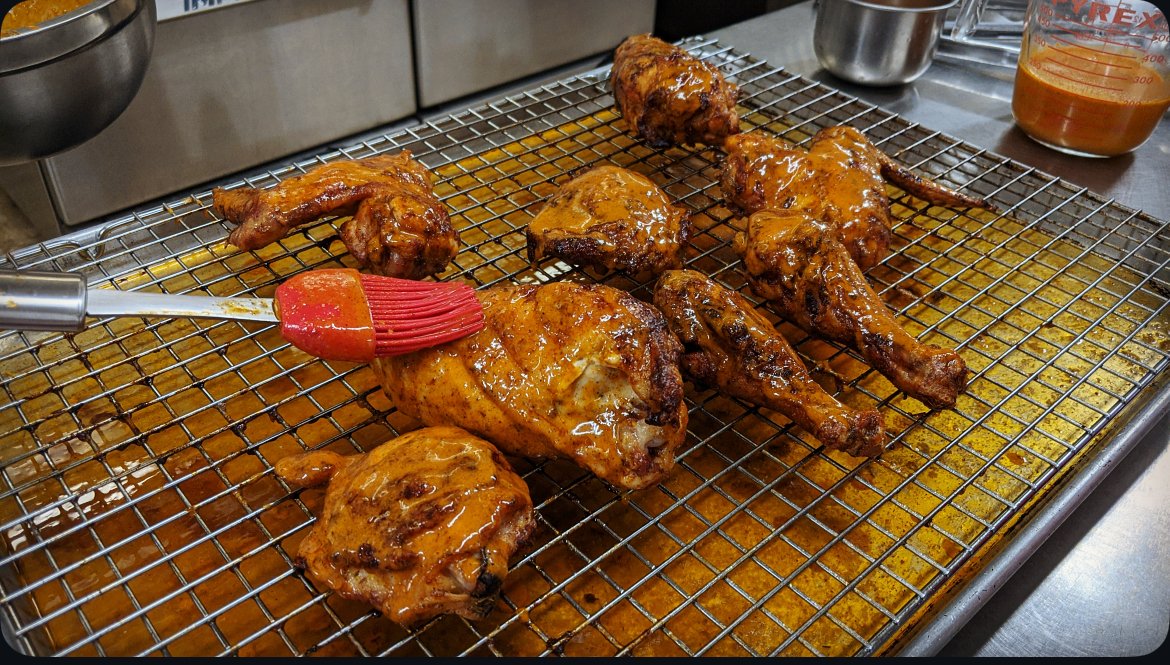
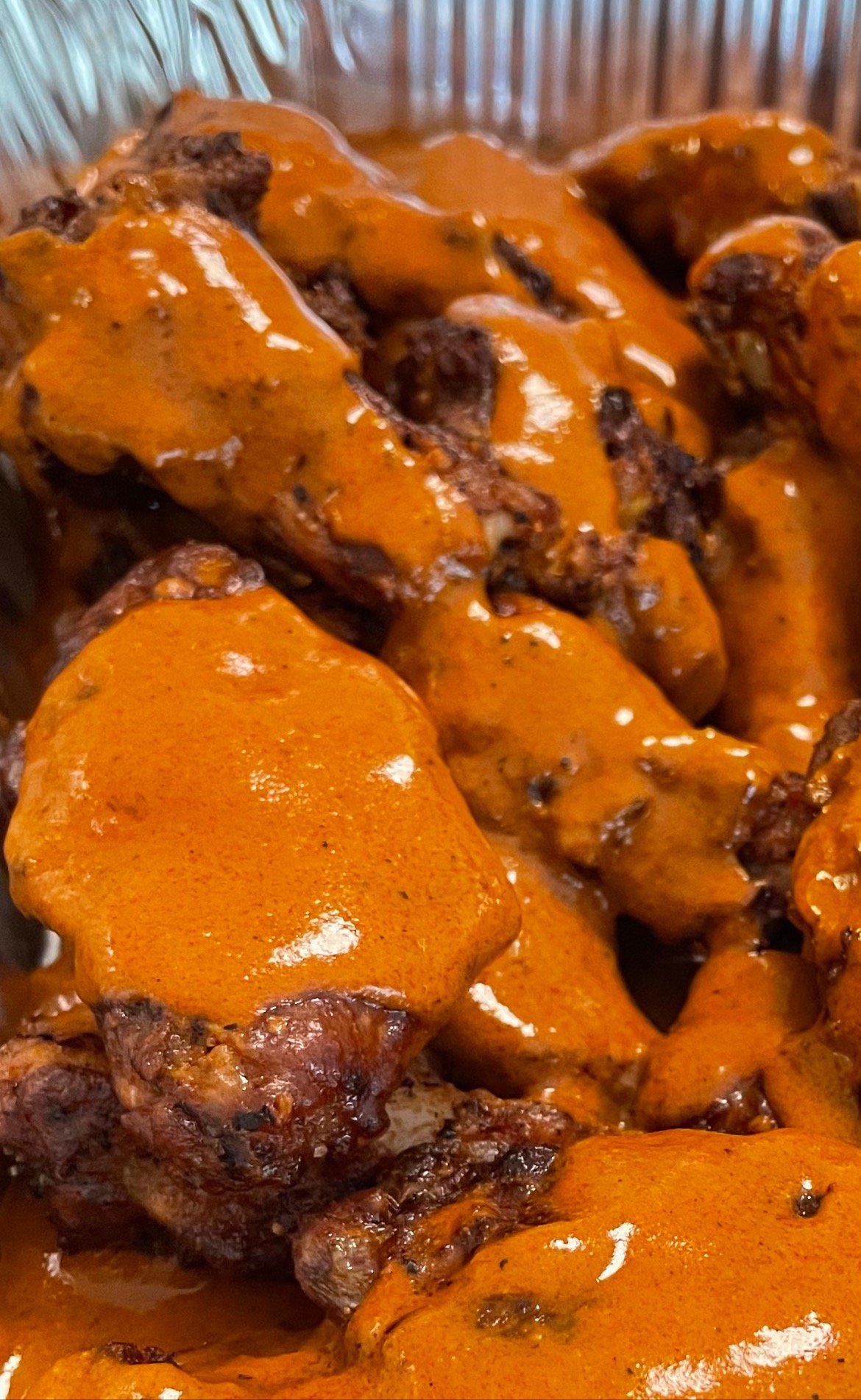
Our robust peri-peri sauce CLINGS to these wings! 🫶🏽
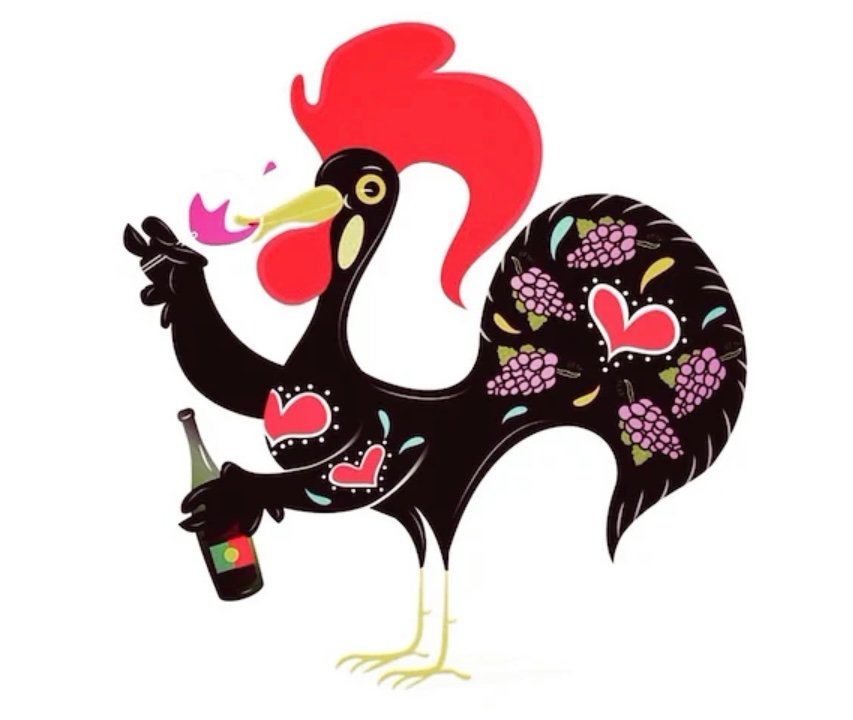
The Rooster of Barcelos is a legendary symbol of Portugal, particularly associated with the town of Barcelos.
The story goes that a pilgrim on his way to Santiago de Compostela was wrongly accused of stealing silver from a wealthy landowner and was sentenced to hang. As he awaited his execution, the pilgrim asked to be brought before the judge who had sentenced him, and he pointed to a roasted rooster on the judge's table, claiming that it would crow as proof of his innocence. The judge scoffed, but as the pilgrim was being led to the gallows, the rooster stood up and crowed, and the man was freed.
The rooster has since become a symbol of good luck and faith in Portugal, and it's often depicted in colorful ceramic figurines or carved wooden statues. It's also a popular souvenir for tourists visiting Portugal. The Rooster of Barcelos has become an important part of Portuguese folklore and is celebrated in various festivals and parades throughout the country.
The rooster is also an important symbol in Angola and Mozambique, both former Portuguese colonies. In Angola, the rooster is known as "Galo de Barcelos" and is often depicted in traditional art and handicrafts. In Mozambique, the rooster is known as "Galo de Combate" and is often used in traditional dance performances.
In both countries, the rooster is seen as a symbol of strength, courage and resilience. It's also associated with the fight for independence and freedom from colonial rule. In Angola, the rooster is depicted on the national emblem, along with a machete and a cogwheel, representing the country's agricultural and industrial potential. In Mozambique, the rooster is often used in political campaigns and rallies, representing the desire for progress and prosperity.
Overall, the rooster is an important cultural symbol in Portuguese-speaking countries, representing a sense of pride, identity and national heritage.